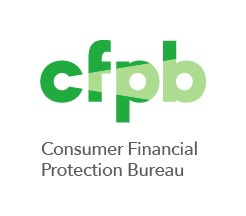CFPB: Comparison-Shopping Websites Should Help Consumers, Not Enrich Owners
Agency warns websites they might be violating federal law
Ever wonder why your credit union isn’t showing up higher on websites that compare financial services?
Maybe you’re not paying them enough.
The Consumer Financial Protection Bureau announced Thursday that the agency intends to police comparison shopping websites in an effort to make sure they are benefiting the consumer, not just themselves.
“Operators of digital comparison-shopping tools can violate the prohibition on abusive acts or practices if they distort the shopping experience by steering consumers to certain products or services based on remuneration to the operator,” the agency said, in guidance released Thursday.
“Similarly, lead generators can violate the prohibition on abusive practices if they steer consumers to one participating financial services provider instead of another based on compensation received,” the guidance states.
The CFPB also wants to make sure that advertisements are clearly identified. “Americans turn to online comparison tools to find the credit card with the lowest interest rates or best rewards,” said CFPB Director Rohit Chopra. “The CFPB is working to ensure that digital advertisements for financial products are not disguised as unbiased and objective advice.”
The guidance states that consumer protection law enforcers should examine the specific details of “bounty or bidding schemes” when determining whether there has been abusive conduct. An abusive act or practice might occur if a digital comparison-shopping operator or lead generator requires financial services providers to bid or set bounties for leads and that income results in higher placement on the website.
“The degree to which these bounties affect product placement depends on the operator’s business model and the weight given to provider compensation over other factors,” the agency said.
The agency noted that it had previously issued guidance on how real estate and mortgage laws apply to mortgage comparison shopping.
The CFPB also said that it is working on a tool for consumers to use that will bring more price transparency to credit card shopping. Once that tool is finished, the CFPB believes that consumers shopping for a credit card will have an unbiased way to compare credit card terms and interest rates.



